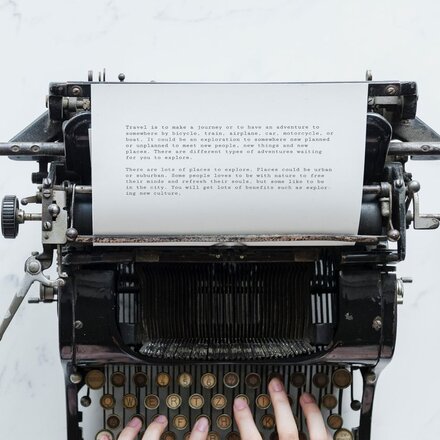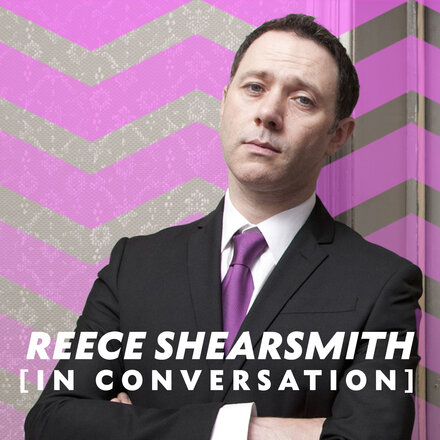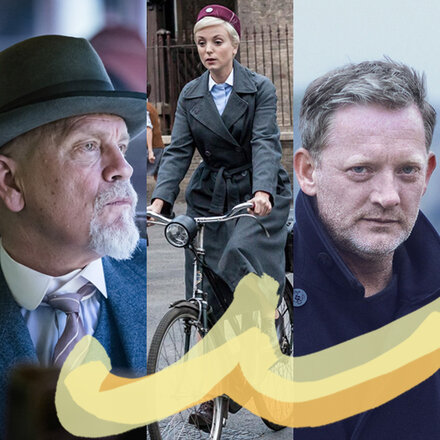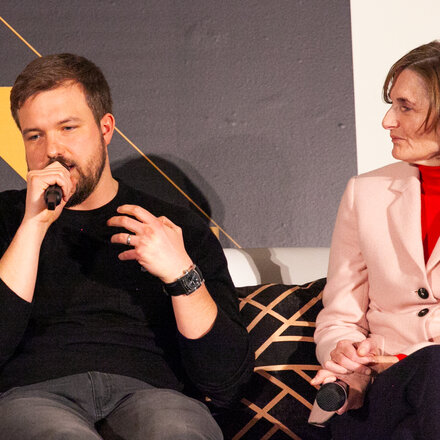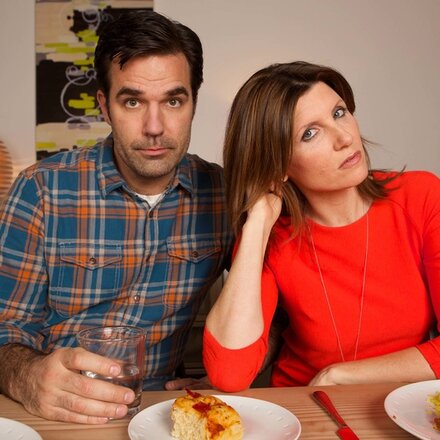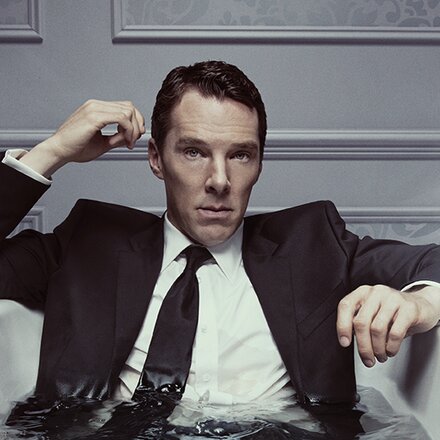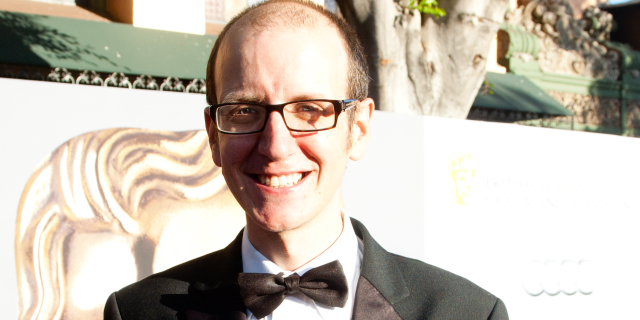
Jack Thorne: Brits to Watch
Writer Jack Thorne is one of BAFTA's 2011 Brits to Watch, an initiative showcasing new British talent to the international industry. His credits include feature film The Scouting Book For Boys and TV series This Is England ’86 and The Fades.
What first inspired you to get into your craft?
I was the really odd child who used to circle things in the Radio Times and then stay up ‘til 1am to record them. I used to do these compilation video tapes - recording on slow play you could get five and a half hours on a 180 VHS. I'd have a film, maybe Pale Rider, then an episode of Mash, then the Justin Timberlake video for Cry Me a River (the one with the Britney double), then, I don't know, the omnibus edition of EastEnders when Michelle did that thing to Lofty. I love TV. I love film. I always have. I think it's insane that I make a living working in it.
How did you first break into the industry?
I think the strange thing about the industry – or at least my path into it (but I've got friends who feel similar) – is that identifying that 'break' moment is tricky. I'm certainly not – and wasn't – one of those overnight successes. It's been a sort of gentle build. So the break could be when I first got a job in film – Tanya Seghatchian and Pawel Pawlikowski employed me to read and work on scripts with them; it could be when I first got a play reading as part of Paines Plough's Wild Lunch; it could be when a short film I wrote (directed by Dan Outram) went to Sundance, or it could be when the Bush Theatre put on my first professional play. In an odd way I don't think any of these things could have happened without the other things.
Which professional figure in your field do you find the most inspiring?
Sir Ronald Harwood. He writes so simply. And without dressing it up too much. I try way too hard to be exciting on the page. He just sort of effortlessly *is* on the page. Of course, there's a lot of effort involved.
If you hadn’t managed to break into your field, what was your plan B?
I still have a few plan Bs. I keep expecting the opportunities to dry up. I think I'd still try to write somehow, but maybe a blog. I'd probably just temp and blog about TV and film. I wish I could blog now but I'd probably lose a lot of work by saying the wrong thing.
Which film/TV programme do you wish you could have worked on?
E.T. – in my opinion, the greatest film ever made. Young people today have got it better in loads of ways. They don't have to work out how to record on slow play for one thing, and recording stuff and getting access to rare films is comparatively easy, but the one thing people of my age have over them is that we were the last generation when films stuck around in cinemas. I saw E.T. about five times up to the age of 11 because it stayed in cinemas. I wish we could have a little bit of that back again.
What single piece of advice would you give to a young person trying to break into your discipline and get noticed?
Find a friend you admire to share your work with. This is the other thing from the first break thing – I did the Royal Court Young Writer's Programme. I met a friend there – Laura Wade. I read everything she wrote, she read everything I wrote. When everyone told me I was shit, she told me I was good, she made my work better, she was interested in reading my work, she helped me learn how to do it.
How important is knowing people? Is raw talent enough?
I hope it's not that important. I'm the world's worst networker. Any industry party I've been to, I've just stood at the side looking mildly wet. At one thing I went to the other day (because I had to), I got so annoyed with myself for my own uselessness that I went to the bathroom and sat in there for an hour.
How do you think the UK film/TV industry will change in the next few years?
I genuinely have no idea. I hope narrative storytelling remains the most important thing whatever happens. I'm quite excited by the end of the tyranny of the TV schedule – no-one seemingly watches live anymore – and I'm going to be interested to know what that does to TV. The UK film industry, for me, is really exciting at the moment; the filmmakers I want to be making films seem to be making films. I hope some of that sense permeates back into TV and it gets a bit more ambitious. It does seem to be, this year seems more ambitious than last.

